En vedette
Récent
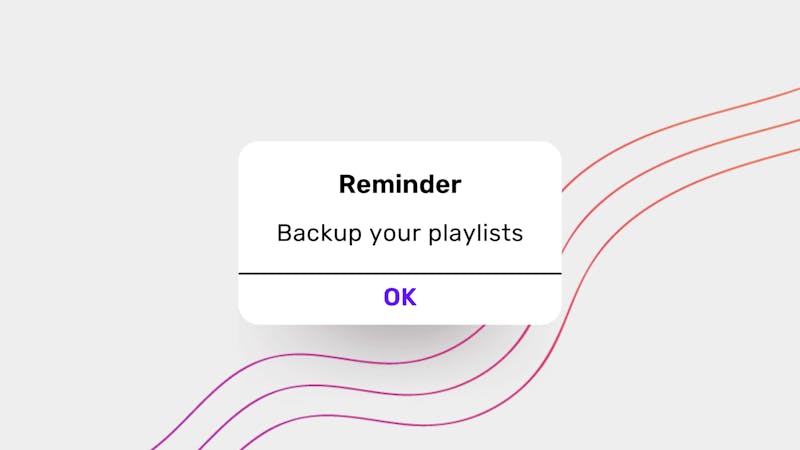
Comment sauvegarder vos listes de lecture
Désormais, Free Your Music vous permet d'importer et d'exporter des listes de lecture depuis/vers un fichier CSV.
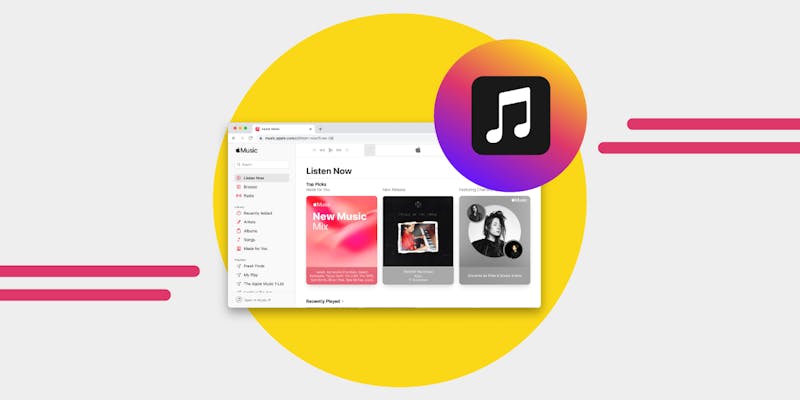
Lecteur Web Apple Music: Comment l'utiliser correctement?
Comme la plupart des services de streaming musical, il est possible d'utiliser Apple Music sur votre navigateur web. Mais en tant que nouvel utilisateur, vous avez probablement besoin d'apprendre comment procéder. Voici donc notre guide rapide!
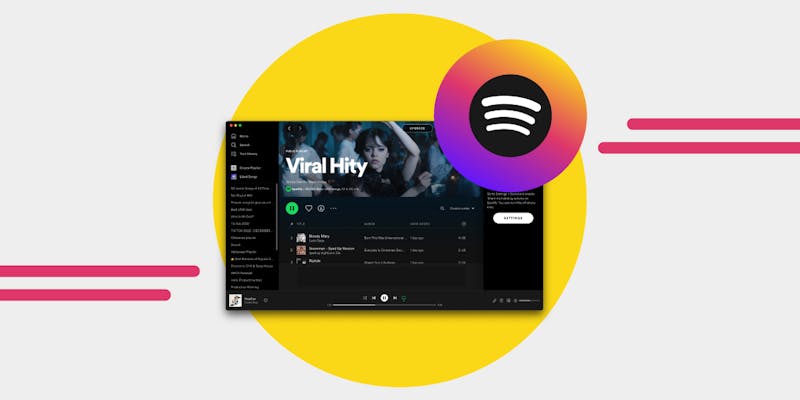
Comment télécharger Spotify sur Mac?
Vous êtes un utilisateur Mac qui préfère Spotify à Apple Music mais vous avez besoin d'aide pour le télécharger sur votre appareil? Voici un petit guide pour vous aider!
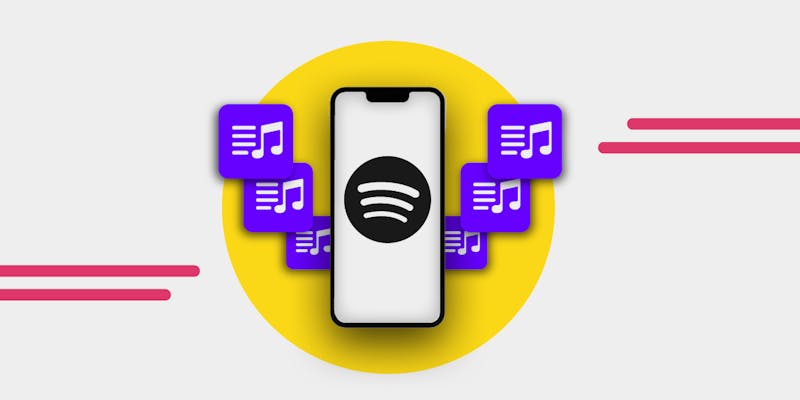
Comment combiner des listes de lecture sur Spotify?
Vous cherchez un moyen de combiner des listes de lecture sur Spotify? Il y a plusieurs façons de fusionner des listes de lecture sur Spotify.
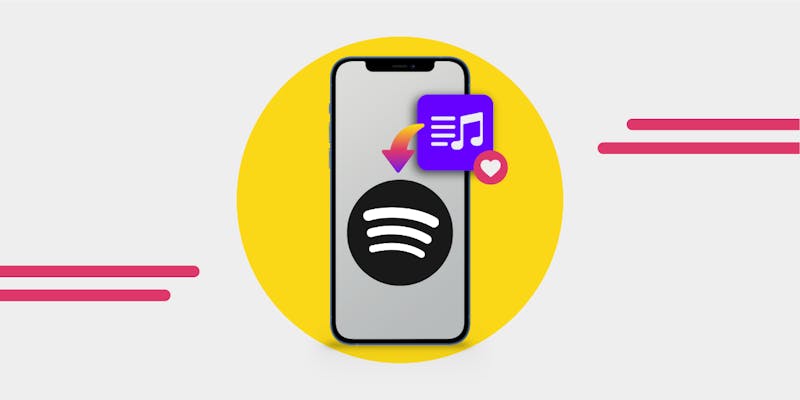
Comment partager des chansons aimées sur Spotify?
Spotify n'a pas de fonction intégrée pour partager directement les chansons aimées. Voyons comment partager vos chansons aimées en les plaçant dans une liste de lecture.
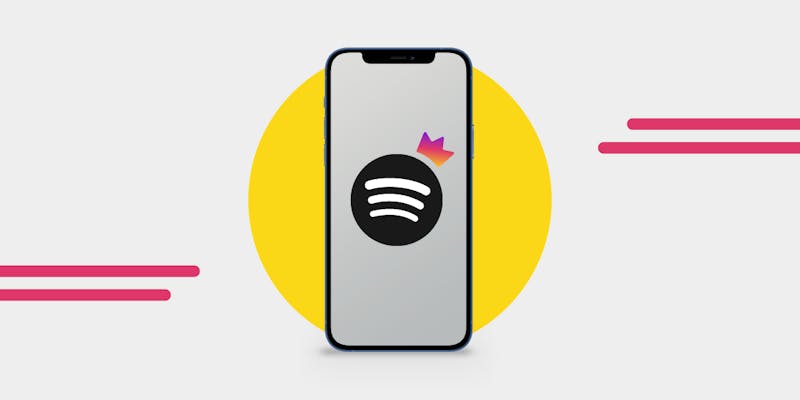
Comment obtenir Spotify Premium?
Vous êtes probablement nouveau sur Spotify et vous voulez savoir comment obtenir le plan premium sur votre appareil. Cliquez ici pour découvrir la procédure étape par étape et plus encore!
50 chansons emblématiques de tous les temps, selon la science
Selon la science, voici les 50 meilleures chansons de tous les temps. Les résultats vous surprendront peut-être : certaines de vos chansons préférées s'y trouvent, et d'autres vous sont peut-être même inconnues !
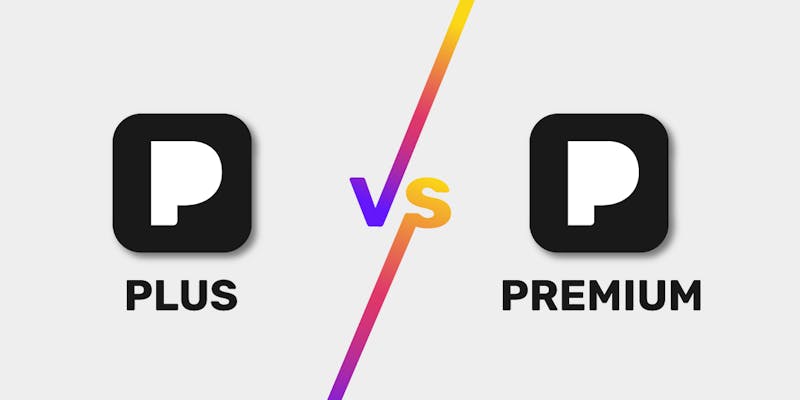
Pandora Plus vs Premium
Vous êtes probablement coincé entre Pandora Plus et Premium et vous ne savez pas lequel des deux plans vous convient le mieux. Voici tout ce qu'il faut savoir pour vous aider à faire votre choix!
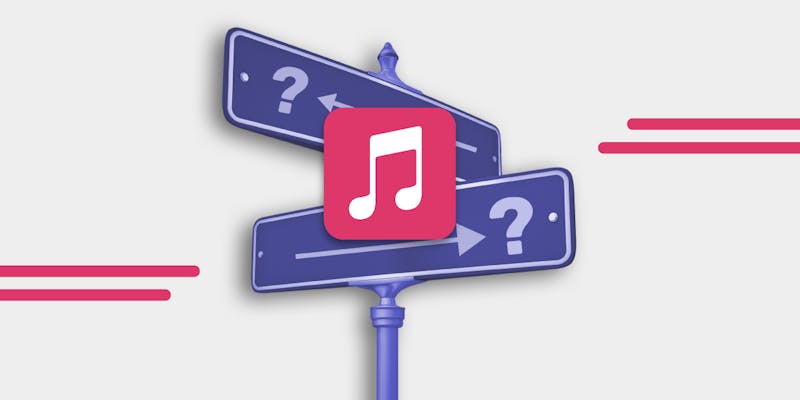
10 meilleures alternatives à Apple Music
Vous êtes un utilisateur d'Apple Music qui cherche à explorer d'autres alternatives, mais vous ne savez pas comment vous y prendre? Voici quelques services de streaming musical que vous pourriez envisager!
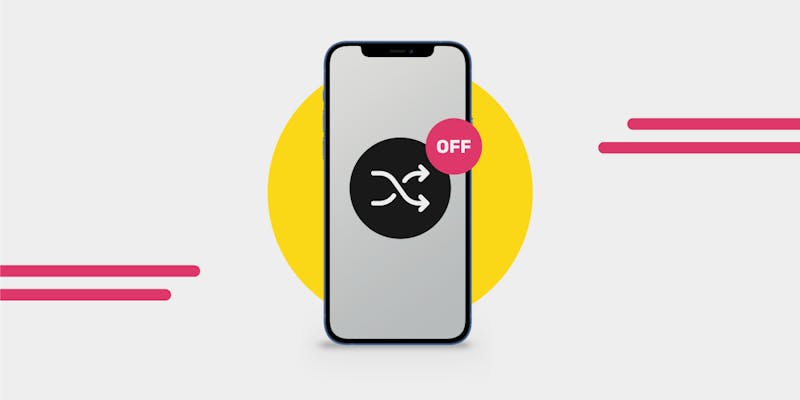
Comment désactiver la lecture aléatoire sur Spotify?
Vous êtes probablement nouveau sur Spotify et vous voulez désactiver la lecture aléatoire mais vous ne savez pas comment faire. Cliquez ici pour découvrir comment faire et bien plus encore!
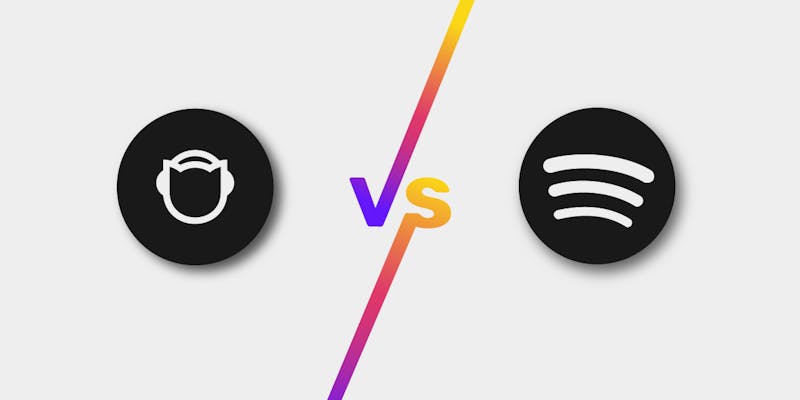
Spotify vs Napster
Vous êtes coincé entre Spotify et Napster et n'êtes pas sûr de savoir lequel des deux vous convient le mieux? Voici tout ce que vous devez savoir sur les deux services pour vous aider à prendre votre décision.
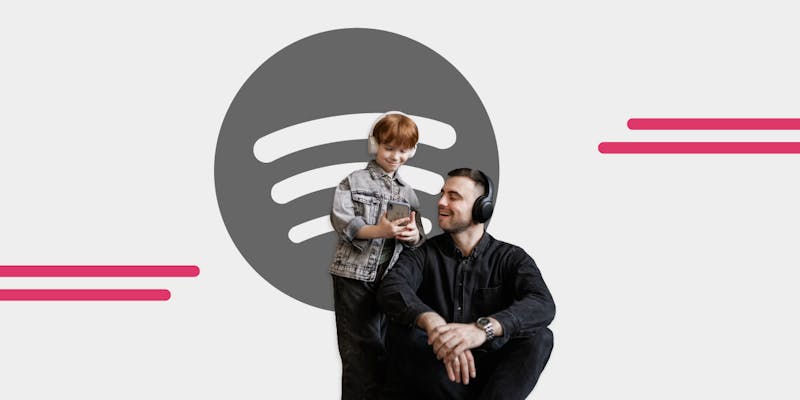
Qu'est-ce que le Plan Famille Spotify?
Vous êtes-vous déjà demandé en quoi consiste le Plan Famille de Spotify? Voici tout ce que vous devez savoir sur la formule d'abonnement de cette populaire plateforme de streaming musical.



